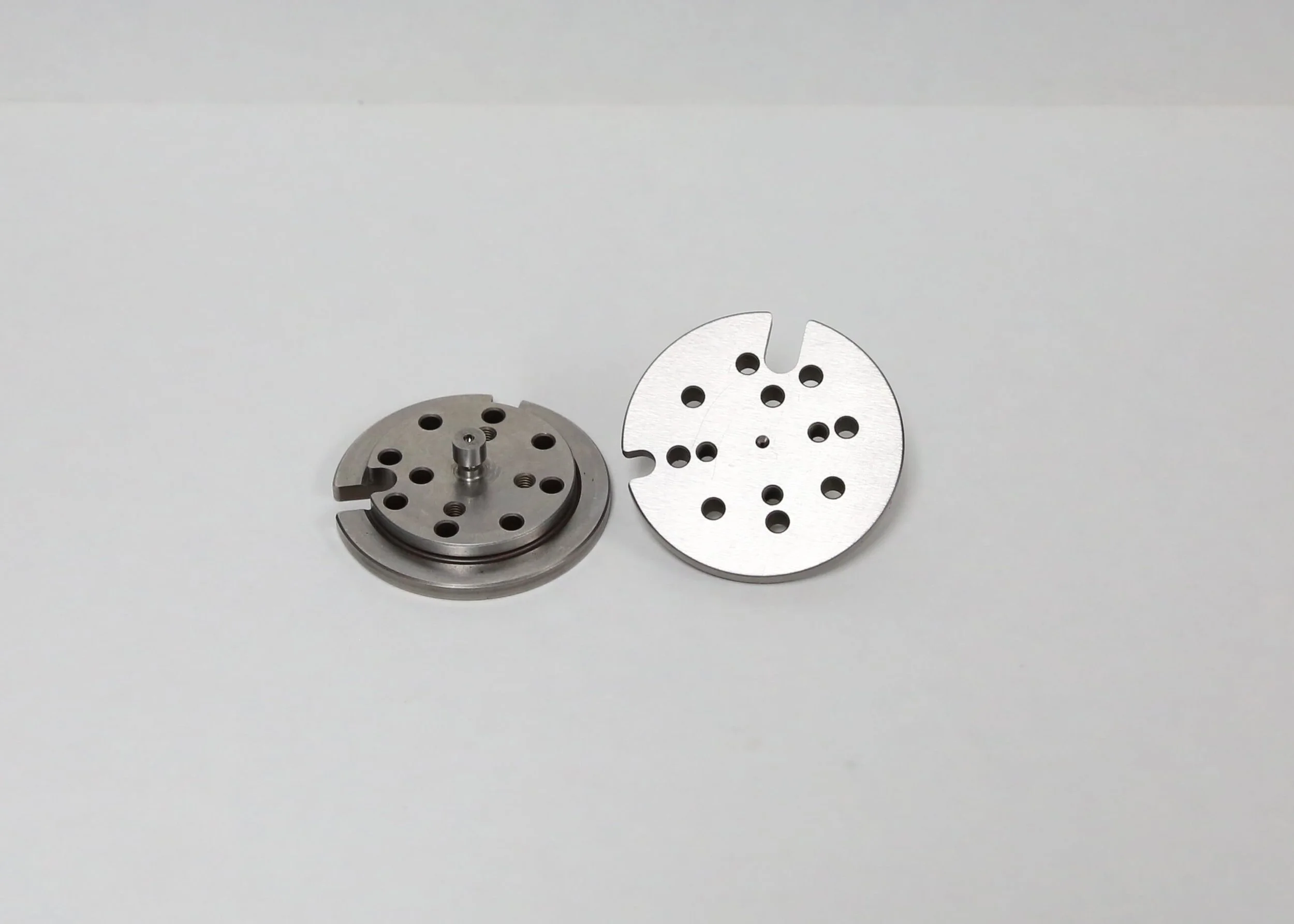Precision Machining for the Medical Industry
Medical machining extends far beyond the production of high-visibility devices like scalpels and joint prosthetics. Behind the scenes, you’ll find countless parts and products that make these devices possible.
Area Tool & Manufacturing, Inc. specializes in these lesser-known parts and products, providing medical precision machining to original equipment manufacturers (OEMs) throughout the US.
Manufacturing Medical Parts for Automated Assembly
While most people are aware of medical devices like life-saving insulin pumps, they don’t often think about the robotic machines that assemble those pumps—or the numerous other assembly machines that put together critical medical devices.
Area Tool & Manufacturing, Inc. makes parts for those assembly machines, contributing to streamlined medical device production and unhindered patient care.
Unique considerations for medical industry manufacturing
Medical devices are highly regulated, with patient health and safety at the forefront of every manufacturing step. The Food and Drug Administration (FDA) reviews all medical devices and assigns a class to each one.
There are low-risk Class I devices, such as handheld surgical instruments and manual wheelchairs. Then you’ll find CT scanners and medication pumps in the intermediate-risk Class II category. Lastly, high-risk, Class III devices are critical to the health and life-sustenance of the patient. Class III devices include pacemakers and deep-brain stimulators.
While assembly machines aren’t considered medical devices in and of themselves, these machines are key to ensuring FDA approval of the final devices. If the medical machining process is compromised, the devices can become unusable.
Engineering for safe medical device assembly
At Area Tool & Manufacturing, Inc., we make medical industry parts that never physically touch a patient. Instead, our parts get assembled into machines that build the final medical device.
Although our parts are several degrees removed from any medical office or operating room, they do touch the devices themselves during the automated assembly process, meaning that every part must conform to high health and safety standards.
Working with research and development teams and engineers, we help our OEM customers in two specific ways:
Material and coating selection. Area Tool & Manufacturing, Inc. advises OEMs on the best materials and coatings for assembly machine parts. Because these parts will come into contact with medical devices during assembly, they must meet the highest standards for durability and corrosion resistance.
Medical precision machining. With our extensive tool and die background, Area Tool & Manufacturing, Inc. is equipped to produce uniquely shaped parts with unusual designs and extremely tight tolerances.
The Finer Points of Medical Machining
We take each of these factors into consideration when consulting on and manufacturing a part for medical device assembly machines:
Materials
Corrosion on an assembly part could transfer to the medical device and subsequently harm a patient, so we perform most of our medical precision machining on corrosion-resistant stainless steel.
For maximum resistance to staining and corrosion, we choose austenitic stainless steel, which is softer than standard steel. If parts demand unbending strength and lasting wear, we’ll use martensitic stainless steel. A pre-machining heat treatment renders this steel stainless while retaining incredible hardness, rigidity, and resistance to wear and corrosion.
Coatings
Most of our medical industry parts receive a low-temperature titanium nitride coating that protects the material. Other parts get coated with ultra-thin dense nodular chrome plating. Both coatings exemplify high lubricity and wear with no traces of lead or other harmful chemicals.
Wear resistance
To help our customers avoid costly machine downtime, we give every part the same care and attention as our own shop tooling. Wear resistance is critical, and every step of the medical machining process is designed to ensure long-lasting parts that don’t need to be replaced often.
Tight tolerances
The assembly machines that utilize our parts perform meaningful work—work that directly impacts real people with serious medical conditions. But before a medical device ever reaches a physician’s hands or a patient’s bedside, it has to be assembled in a highly technical process that demands extreme accuracy.
Powered by parts made at Area Tool & Manufacturing, Inc., precise robotic arms reach for tiny components, place pieces at exacting coordinates, and align intricate features.
To ensure the success of each assembly machine action, we must machine parts with incredibly tight, highly accurate tolerances. These critical tolerances result in dependable machines capable of mass-producing important medical devices, contributing to a stable supply chain and supporting life-saving patient care.
Clean products
We were raised believing that “cleanliness is next to godliness,” and we apply that adage to our medical precision machining. To remove any chips or burrs that remain on our machined parts, we send them to our local manufacturing partner for passivation. This surface treatment eliminates contaminants and enhances the material’s corrosion resistance.
Medical Industry OEMs Trust Area Tool & Manufacturing, Inc.
Every single customer is important to us, and we hold an extra-special place in our hearts for industries whose products support health and wellness. We’re committed to investing time and creativity into every medical machining collaboration, ensuring superior quality and uninterrupted production for our medical industry customers.

